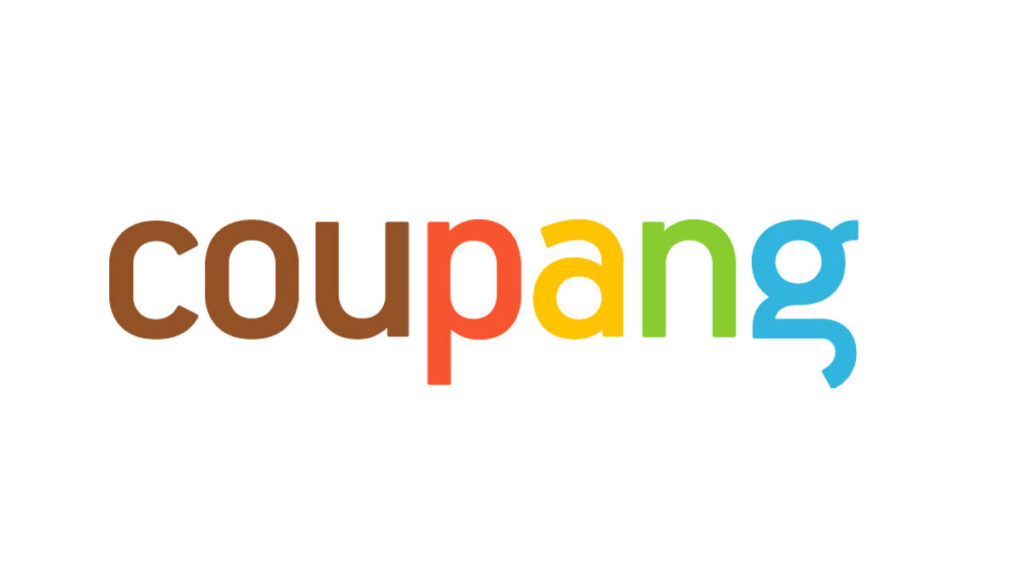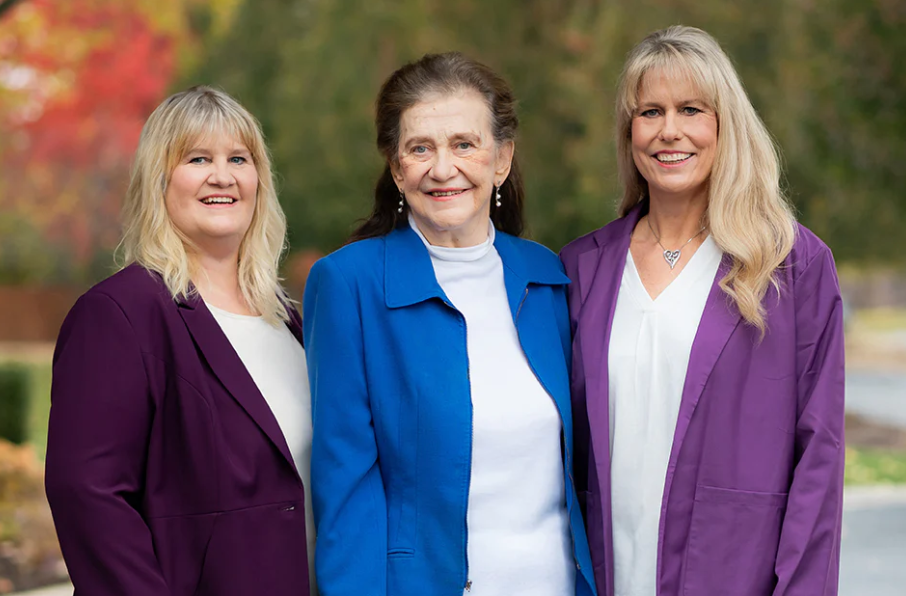
By the end of January 2020, as the realities of the COVID-19 pandemic began to hit, face masks had become a coveted commodity in Korea. Customers scrambled to secure masks, and as demand skyrocketed, many suppliers significantly marked up their wares to double the price or more. Coupang, however, in support of its customers during an unprecedented crisis, decided to freeze mask prices despite the resulting losses.
Around the same time, a small mask manufacturer by the name of Welkeeps implemented a similar policy. “We will not increase the price of masks by even one won,” it announced on its website—keeping prices the same both in its direct sales to customers and wholesale transactions to distributors.

If Welkeeps had doubled prices like other manufacturers, it could have made 70 billion to 120 billion won (around 50 to 90 million dollars) in extra profits in 2020, according to CEO Jong-han Park. “We also faced vehement protests from competitors who had raised their prices,” he said. Does he have any regrets? Not at all. “How can you take advantage of a national disaster to make a profit?” he posited. “Although the reason for a company’s existence is ‘creating profit,’ it should not abuse the public health and disasters.” He added, “At a time when so many distributors and manufacturers were selling masks at high prices, I’m proud that we made the right choice for our customers.”
Jong-han, who previously worked as a sales representative for health and hygiene company Yuhan-Kimberly, founded Welkeeps in 2009 to produce dust masks and dust suits. Even as late as 2016, consistent sales were a continual concern, as masks then were only used by general customers to protect against yellow dust. “Now, we produce a lot of masks every month, but at that time, we only sold them three months a year during peak yellow dust season,” said Jong-han. “We had a dilemma—we could not just operate the factory for only three months, but conversely, it was burdensome to vaguely accumulate unsold inventory.”

Once Welkeeps partnered with Coupang that same year, however, this dilemma disappeared. “Coupang was like a savior for us,” said Jong-han. “Coupang directly purchased our stock in advance. For example, because it pre-purchased products to be sold in the autumn and winter in the summer, we were able to reduce our inventory burden and manufacture products 365 days a year. Coupang’s Rocket Delivery policy aligned with the business cycle of a mask manufacturer like us, and it became a steppingstone for us to take a leap forward.”
When the pandemic hit several years later, the company leapt into crisis mode. “We sold out not only the 5-6 million masks stocked on Coupang, but also the 2.5 million masks on our website, where it had previously been hard to sell even just 10,000 masks a day,” said Jong-han. “In this situation, some mask companies cancelled customer purchases and resold the masks by raising prices from 800 won to 1,600 won or even 2,000 won.” Welkeeps, however, made the decision to keep prices at the 800 to 900 won range. This decision was all the more notable considering that Welkeeps sources the raw materials for its masks domestically, which meant it had higher manufacturing costs than many of its competitors.

“We never canceled a single customer purchase and shipped 100% of orders. Raw material prices soared, and some suppliers cut off supply, but we shipped masks through all distribution channels at the same price as before,” Jong-han said. “Fortunately, while we only had around 700,000 masks left in stock, we had several months’ worth of raw materials. We frantically hired staff and drastically increased our production volume.”
Even after over two years since the outbreak of COVID-19, Welkeeps has continued to keep its promise of not raising the price by even one won. And what the company gave up in short-term profits has been made up by the brand recognition and customer goodwill it has gained over the years. Welkeeps, which is also a major supplier of masks for the government, received the Minister of Small and Medium Business’s Ventures Award in the Social Contribution category. The company’s sales, which consistently rank at the top of Coupang for masks, more than tripled from 20.6 billion won in 2019 to 70 billion won last year.
Meanwhile, Welkeeps has quadrupled the size of its staff from 60 in 2019 to 240 this year. The company has increased the salaries of its factory production workers twice, and last year, it paid 100-300% bonuses to all its employees. It also recently acquired SeAH Electronics, a high-tech precision parts manufacturing company, with plans to enter the air purifier filter business based on its mask filter technology. Jong-han’s dream is to go public by 2025.
“What I felt when freezing mask prices and helping people overcome their difficulties was, ‘Let’s have an ideal greater than immediate profits,’ so my vision is to develop a unique technology that protects people’s health while faithfully manufacturing good masks,” said Jong-han. “And isn’t it the dream of small companies to become listed? I want us to be a small but great company that presents new opportunities for many employees and for the health of customers through listing.”









